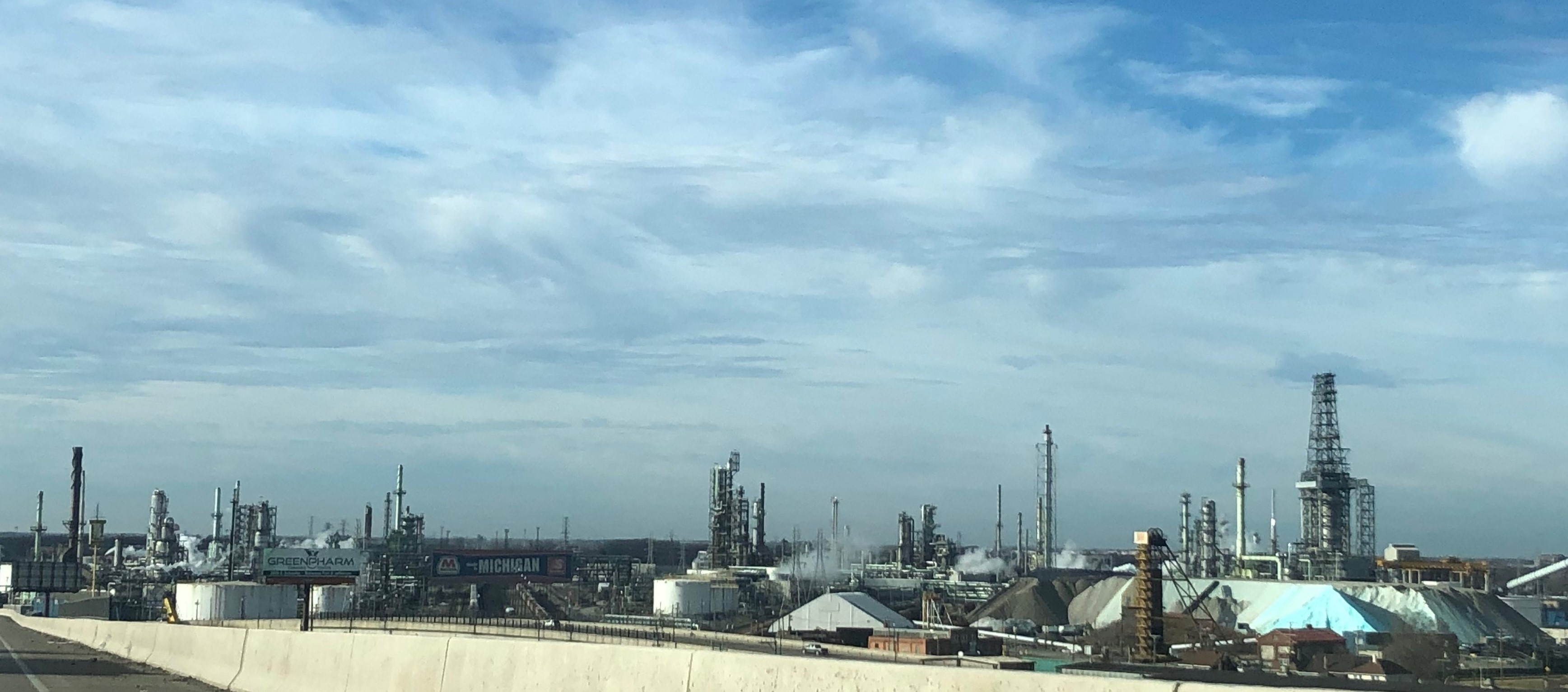Our current geological epoch has been termed the Anthropocene—a new period in the history of Earth where humans have deep and transforming impacts on the environment. These transformations have produced a myriad of benefits to individuals and societies. However, the exponential human proliferation on the planet is not without conflict, and not entirely secure. Humans continue to be involved in violence and wars—although in some ways violence has drastically come down in the previous few centuries. While these conflicts, and potential disasters from nuclear war, are some of the biggest dangers for humans and civilized society, another major issue is how humans treat their consumer and waste products.

The rationale for identifying a new "geological era"—although humans are not making major changes directly to the rock strata—is the extent of the impact we have on ecosystems, climate, and yes, even to the rock . While much recent attention has been paid to climate change due to human activity—an issue seriously discussed at least since the 1890s by Svante Arrhenius, and correctly predicted since the 1970s by Exxon researchers—we seem to be having serious adverse impacts on our own bodies with our chemical output. Output from our productive activity is changing the entire climate system of the planet, and ecosystems of animal and plant life. These environmental systems are external to ourselves. But we are also changing our own bodies in negative ways, at least in the short term, which means drastic changes to our quality of health and even survival.
There are optimistic views, and I totally support such positive interpretations. Some note extreme progress in human intellectual development, a satisfying comfort in the automated washing and drying of clothes in minutes, and life extension from modern industrial practices and medicines. These are real facts of progress. But there is a stupendous challenge with the impact that our modern products, and the output from our productive activities, have on the environment and consequently on our health. It is important to recognize that shampoos and harsh cleaning chemicals drain into rivers from which we get our drinking water. But there is tremendous difficulty to reduce and stop the use of various chemicals and products that are released into the environment, and clearly have a negative impact on the surrounding life. We continue to spray on food large amounts of pesticides associated with various adverse health effects, and continue to use compounds such as PFAS and phthalates, also strongly associated with various adverse health effects, including obesity, allergies and reproductive development.
The Lab for Health, Environment and Informatics was developed to bring attention to these issues, and help bring awareness of the relationship between environmental health and human health. Much academic work on information and communication technologies (ICTs) is geared toward the development of more ICTs to facilitate work, bring efficiencies and make income. While this is good, there is a lack of research and development for ICTs to play a role in the education of environmental issues, to reduce the potential dangers of certain foods and consumer products, to assist in the location of areas of higher or lower toxic chemical releases, or in helping understand the progress we are making (or not) in eliminating these substances from our bodies. I hope this lab can support research on the impact that the quality of our products, food and waste have on human health, and from this awareness improve laws and actions that can have a positive impact on our longevity and quality of life—first to those who most need it, and then to the largest number of people


